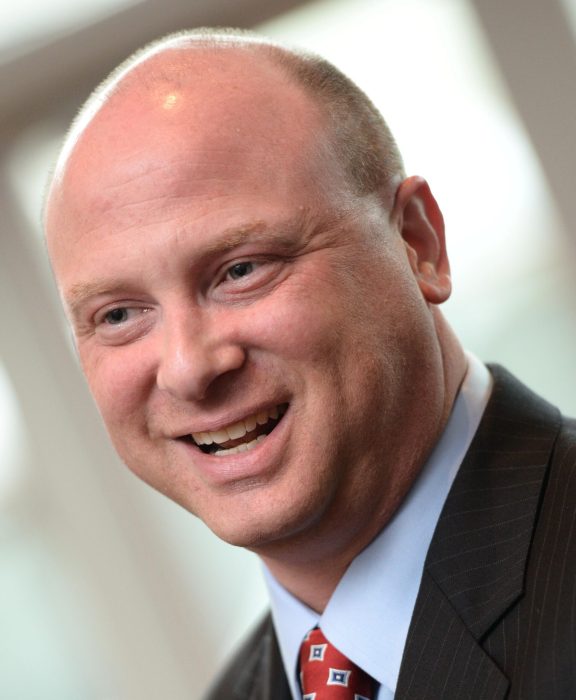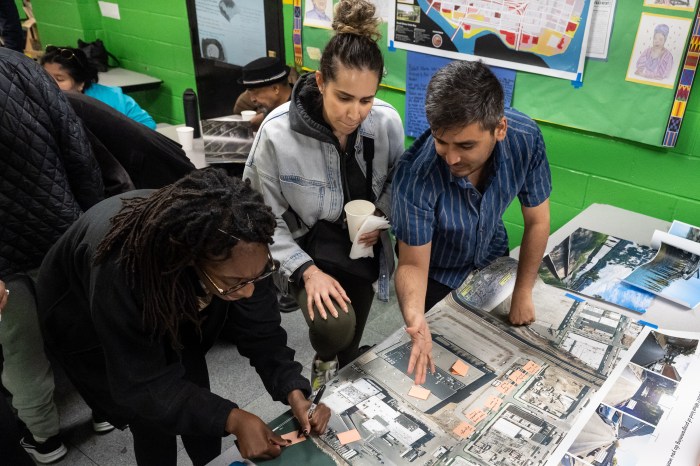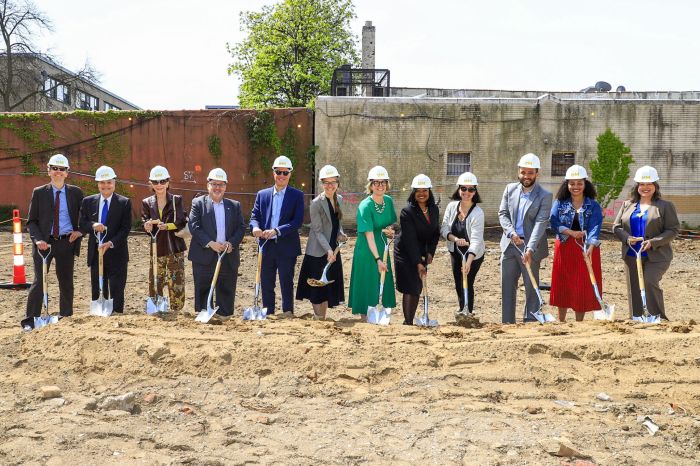Michael N. Rosenblut, president and CEO of New Hyde Park-based Parker Jewish Institute for Health Care and Rehabilitation, leads one of the region’s largest post-acute care organizations. Mr. Rosenblut recently expanded Parker At Your Door, a medical house call program for homebound adults. Working with community members, he established Parker’s Indian Cultural Unit, delivering specialized care centered around the traditions of Indian patients in the region. Mr. Rosenblut is also president and CEO of Queens-Long Island Renal Institute, a state-of-the-art dialysis center.
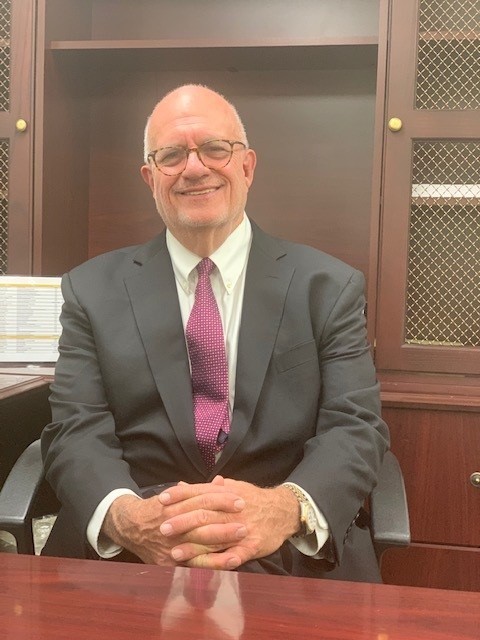
Paul Rosenfeld
Executive Director, Kingsbrook Jewish Medical Center, Rutland Nursing Home & Schulman Schachne Institute

Veteran health care executive Paul Rosenfeld brings an impressive and valuable breadth of experience to the position of executive director of Kingsbrook Jewish Medical Center, Rutland Nursing Home, and Schulman Schachne Institute as a member of the One Brooklyn Health System senior executive team. He is responsible for oversight of acute, ambulatory and long-term care and Nursing Home Operations and Initiatives. Rosenfeld joined Kingsbrook Jewish Medical Center at One Brooklyn Health in January 2018.
What influenced you to pursue a career in the health care field?
After graduation from college, Mr. Rosenfeld started his career as a U.S. Public Health Service Officer, specializing in field epidemiology. In this position, he was community-based, working with individuals and families in their homes and neighborhoods. As a result of this experience, he became dedicated to making a difference in health equity in order to bring services to all in the community as well as within the formal health delivery structure.
What is the biggest challenge currently facing New York’s health care system?
The biggest issue, cited by Mr. Rosenfeld, is inadequate funding and services for preventive care. Such concerns include the social determinants of care such as housing, gun violence, availability of parks and recreation, housing, food inequity, etc. We have to get to the roots of the issues that create the breeding grounds for keeping our population healthy.
How do you describe your position to people outside of the health care industry?
I often describe my position as being like being the mayor of a town or city. In health care, we of course provide physicians, nurses and other ancillary staff, security, building maintenance and construction, financial management and food and shelter. We are community servants that are here for the welfare of those whom we serve.
What can policymakers do to ensure equitable access to quality health care?
Policymakers have to take the bold audacious move to think out of the box and realize that the factors surrounding social determinants of care are holistically as important to our health as the stethoscope, medications, ambulatory care and other modalities of medicine.
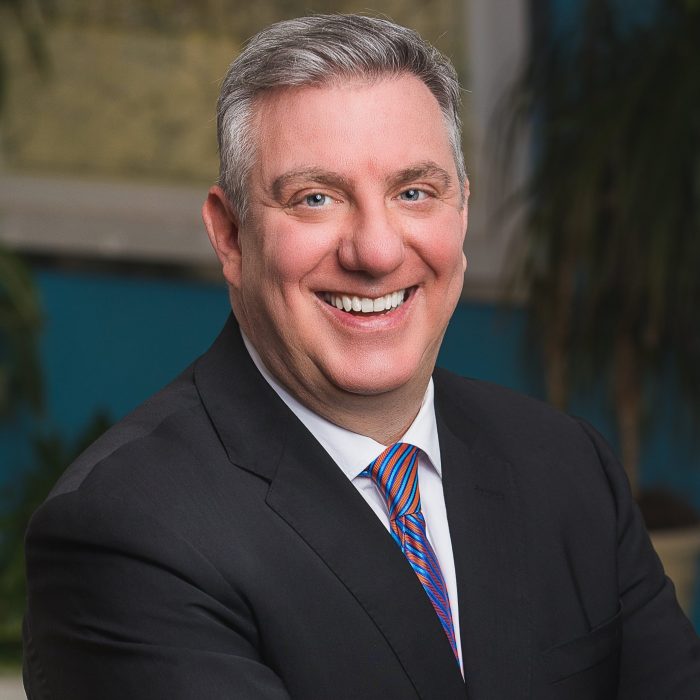
David Sandman
President and CEO, New York Health Foundation

David Sandman, Ph.D., is president and CEO of the New York Health Foundation (NYHealth), a private foundation dedicated to improving the health of all New Yorkers, especially people of color and others who have been historically marginalized. NYHealth has invested more than $187 million to improve health care and the public health system in New York State. NYHealth is also committed to sharing grantmaking lessons; informing policy and practice; and convening health leaders and stakeholders.
What influenced you to pursue a career in the health care field?
Like so many of my peers, I got into health care because I wanted to make a difference in people’s lives. I started out working on HIV/AIDS issues in community-based organizations; that experience opened my eyes to how health care services, public health practices, politics, and policy all intersect to shape people’s health. For me, it was at the policy level that I thought I could have the most impact.
What is the biggest challenge currently facing New York’s health care system?
We consistently underinvest in primary care. Primary care is that rare win-win in health care that’s associated with both better health and lower costs, yet it accounts for only five to seven percent of total health care spending. We don’t even necessarily need to spend more money — if we just shifted more of our existing health care dollars to primary care, we’d see gains in access to care, address workforce shortages, and improve health equity.
How do you describe your position to people outside of the health care industry?
I work to make New York a healthier place, where people have what they need to lead healthy lives and get the care they need when they’re sick. That means everyone having healthy, affordable, culturally relevant food. It means being able to get excellent primary care services. It means veterans have the mental health and social support they need to thrive. I’m privileged to play a role in making those things happen.
What can policymakers do to ensure equitable access to quality health care?
It starts with making sure that patients, especially people of color and others who’ve been historically marginalized, are the north star of our health care system. Leaders in government and in board rooms need to put patients at the center of their decision-making and consider how a proposed policy could affect patients who are uninsured, who have to choose between medicine and rent, and who have been harmed by the health care system in the past.
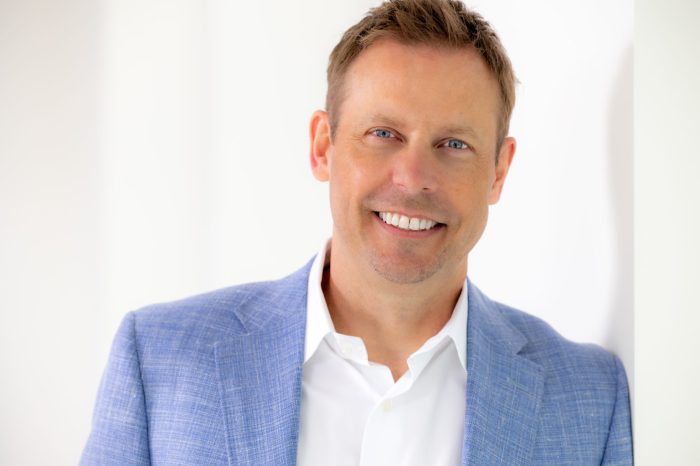
Dan Savitt
President and CEO, VNS Health

As president and CEO of VNS Health, Dan Savitt oversees one of the country’s largest nonprofit home- and community-based health care organizations. Under his leadership, the organization has integrated sophisticated data analytics and broadened its reputation as a national leader in developing innovative care management solutions delivered at home. Building on a commitment to health equity first framed by founder Lillian Wald, Savitt’s vision is to make health care today simple and accessible with meaningful outcomes.
What influenced you to pursue a career in the health care field?
Health care is a basic right that should be available to all and accessible at every stage of life. I’ve always been inspired by people—in any field—who find creative, efficient solutions to obstacles that improve health equity. Taking care of yourself or your loved ones shouldn’t be a struggle. Leaders and organizations that embrace change, prioritize excellence, spur innovation, and empower their people influence us all, whether we realize it or not.
What is the biggest challenge currently facing New York’s health care system?
The need for care delivered in the home and community has never been greater. Health care in New York must accommodate the physical and behavioral health needs of our families and the growing older population. Underinvestment in home health care services has created an accelerating access-to-care crisis. As this gap grows, so do negative implications for the health of New Yorkers. Regulatory rules and reimbursements must reflect the reality of health care today and in the future.
How do you describe your position to people outside of the health care industry?
VNS Health works to make health care simple to understand, easy to access, and meaningful in outcomes. Care delivered in the home and community is an essential part of today’s health care ecosystem. On any given day, more than 50,000 New Yorkers are in our care. Our teams deliver care through a range of provider services, health plans and innovative health care solutions. No matter where you are on your health care journey, we are there for you.
What can policymakers do to ensure equitable access to quality health care?
We must have the workforce to meet the growing needs of a rapidly aging population. This means not just physical health care, but also home and community-based mental health and long-term services. Integrating these services for people who are “dually eligible” for Medicaid is a rational and cost-effective way to address the needs of our most vulnerable communities. DOH and CMS must work with stakeholders to make integrated care a reality.
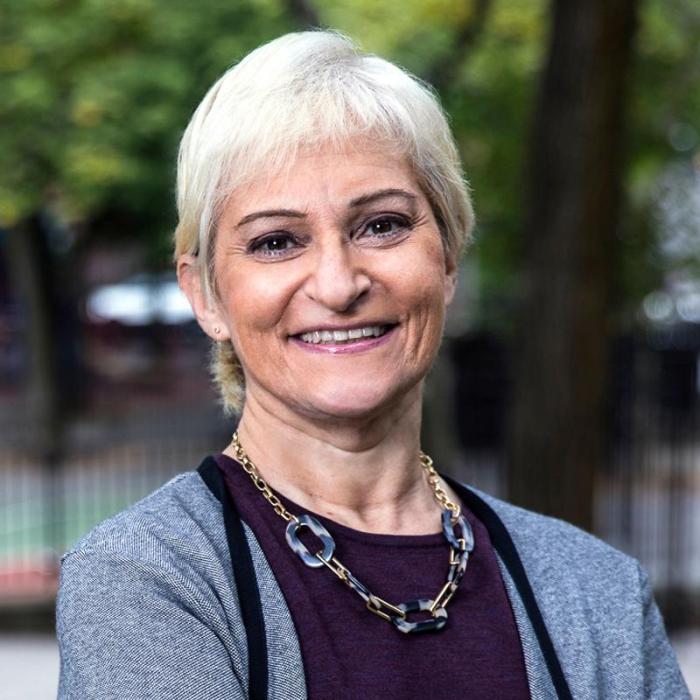
Lynn Schulman
Council Member, New York City Council | Chair, New York City Council Health Committee

Lynn Schulman was elected to a historic female majority led City Council in 2021. With decades of leadership in health care advocacy, she was appointed as chair of the City Council Health Committee, where she has spearheaded legislation to create the first citywide Diabetes prevention program and introduced an initiative to create a unique public health agenda to increase the life expectancy of all New Yorkers and make NYC the healthiest city in the country.
What influenced you to pursue a career in the health care field?
I have dedicated my personal and professional life to health care advocacy, which was borne out of the HIV/AIDS crisis, where I witnessed friends and neighbors die needlessly because of the indifference of the government. The same thing happened during COVID-19, which spurred me to run for elected office.
What is the biggest challenge currently facing New York’s health care system?
I believe health care is a human right, but not when it is unaffordable and inaccessible. As chair of the NYC Health Committee, I have passed legislation and made financial investments to bring accessible and affordable health care to all New Yorkers, regardless of income or zip code. There is more work to be done to make our neighborhoods healthier.
How do you describe your position to people outside of the health care industry?
I tell them I am an elected official with real-world experience in the health care field.
What can policymakers do to ensure equitable access to quality health care?
As a policymaker myself, with a background in the health care sector, as well as being a health care consumer, I know the importance of providing culturally and linguistically appropriate health care to our city’s many diverse communities, which is a key factor in getting buy-in from the constituencies we serve. It is crucial that policymakers get input from stakeholders and govern from the bottom up, instead of from the top down which is what usually happens.
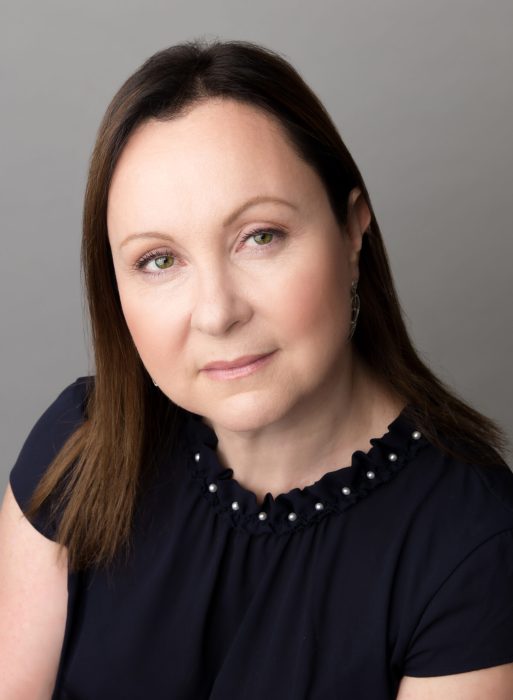
Talya Schwartz
President and CEO, MetroPlusHealth

Dr. Talya Schwartz is president and CEO of MetroPlusHealth, serving since 2019. During her tenure, MPH has seen a 35% growth in membership, a five-star rating from NYS’s Consumer Guide, and a 4-star rating from the Centers for Medicare & Medicaid Services. She spearheaded MPH’s transformation by insourcing its behavioral health services, overhauled its website and portals, modernized legacy technology, and expanded virtual visits to its 750k+ members. Her commitment to addressing the social determinants of health among NY’s most vulnerable communities is the pinnacle of her leadership. She is a mother of two daughters.
What influenced you to pursue a career in the health care field?
I was influenced by a combination of personal experiences and a true passion for positively impacting people’s lives. I became a doctor and then went into the business of health care. My decision to pursue a career in health care comes from my desire to serve others and make a difference in the lives of others. It’s a privilege and honor to serve New Yorkers every day.
What is the biggest challenge currently facing New York’s health care system?
The biggest challenge currently facing New York’s health care system is health care inequality. Disparities in health care access and outcomes because of race and socio-economic status, for example, continue to be huge challenges. At MetroPlusHealth we continue to address the disparities with targeted efforts to offer high quality, accessible health care to all New Yorkers.
How do you describe your position to others outside of the health care industry?
As president and CEO, I lead the direction and management of MetroPlusHealth. My background is as a medical doctor, but my responsibilities extend to ensure MetroPlusHealth delivers high-quality accessible care and operates efficiently.
What can policymakers do to ensure equitable access to quality health care?
Policymakers can recognize the importance of inadequate access to health care, directly address social determinants of health, and develop policies to offer all New Yorkers access to health care.
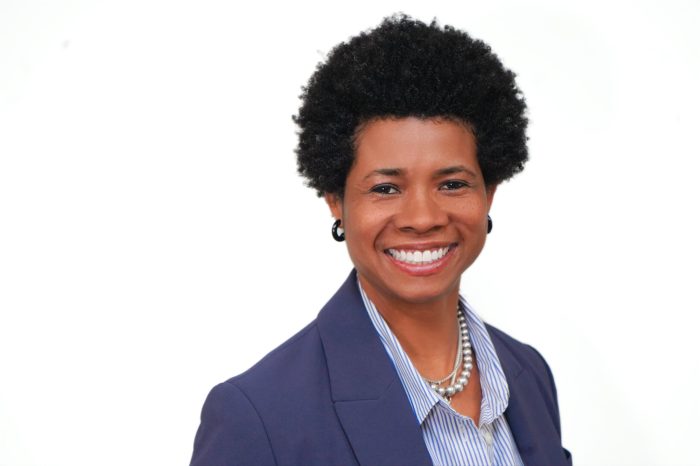
Sandra Scott
Executive Director, One Brooklyn Health Brookdale Medical Center

Dr. Sandra R. Scott is the executive director of the One Brooklyn Health Brookdale Hospital Medical Center. This is a historical appointment. In the history of Brookdale Hospital, she is the first woman and African American to hold this position. Dr. Scott is a recognized physician, leader, and educator, a graduate of Louisiana State University in Baton Rouge, Louisiana, and Baylor College of Medicine in Houston, Texas. She completed her emergency medicine residency at Boston Medical Center. She served as the chief of service for emergency medicine at Rutgers’s New Jersey Medical School and chair of emergency medicine at Lincoln Medical Center in the South Bronx. Dr. Scott is working with her team to expand access, cultivate outstanding talent, and advance programs of excellence to improve health care outcomes, financial performance, and operational efficiency.
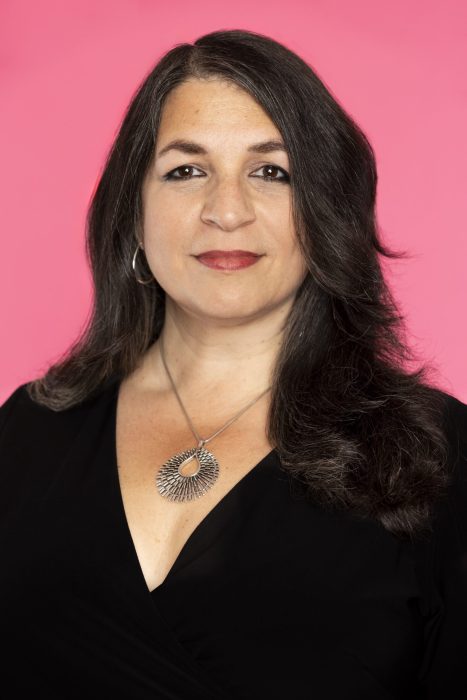
Wendy Stark
President and CEO, Planned Parenthood of Greater New York

Wendy Stark has dedicated her life to health, equity and justice. After starting her career in reproductive health, she began working at Callen-Lorde Community Health Center, with a mission to achieve health equity for LGBTQ communities and people living with HIV/AIDS. In 2007 she was appointed executive director and under her leadership, the organization achieved financial stability which set the course for its subsequent growth. In 2012, Wendy became the senior vice president for special populations and administration at the Family Health Centers at NYU and in the summer of 2022, she started her role as president and CEO of Planned Parenthood of Greater New York.
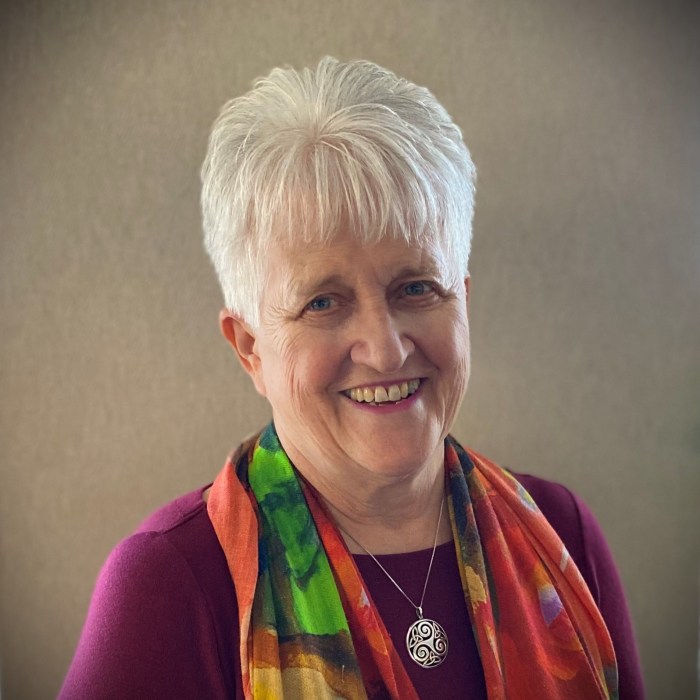
Ann Sullivan
Commissioner, NYS Office of Mental Health

Prior to becoming commissioner of the NYS Office of Mental Health (OMH), Dr. Sullivan served as senior VP for the Queens Health Network of the NYC Health and Hospitals Corporation, and as director of psychiatry at Elmhurst and Queens Hospitals. She is a distinguished fellow of the American Psychiatric Association, a clinical professor at the Mount Sinai School of Medicine, a fellow of the NY Academy of Medicine, and a member of the American College of Psychiatrists.
What influenced you to pursue a career in the health care field?
After graduating and completing my psychiatric residency at New York University, Bellevue Hospital, I began working at a large community ambulatory care center serving the Lower East Side of New York City. While working there I found that being able to help people living with mental illness is a great privilege and providing hope and recovery to individuals and families is extremely fulfilling.
What is the biggest challenge currently facing New York’s health care system?
There are several challenges confronting health care systems across the country, including the shortage of health care workers, the historic lack of investment in many low-income and underserved communities, and the need to build a more diverse and culturally competent workforce. Fortunately, Governor Hochul’s $1 billion plan to strengthen NY’s mental health care system will help us address these issues, dramatically expand services, and ensure that all New Yorkers have access to the services they need.
How do you describe your position to people outside of the health care industry?
As commissioner of OMH, I oversee a large, multi-faceted mental health care system that currently serves nearly 900,000 individuals each year. The agency operates 24 psychiatric centers across the state and oversees more than 5,000 community programs providing inpatient and outpatient services, emergency, community support, residential and family care programs. Our mission is to promote the mental health of all New Yorkers and to provide hope and recovery for people living with mental illness.
What can policymakers do to ensure equitable access to quality health care?
This year, Gov. Hochul proposed and secured a $1 billion investment into mental health care services for all New Yorkers. A major component of her plan is ensuring that the inequities of our health care system are addressed, and that unserved and underserved communities have access to the services they need. By expanding services, building a more inclusive and culturally competent workforce, and proactively reaching out to underserved populations, we are successfully addressing these historic inequities
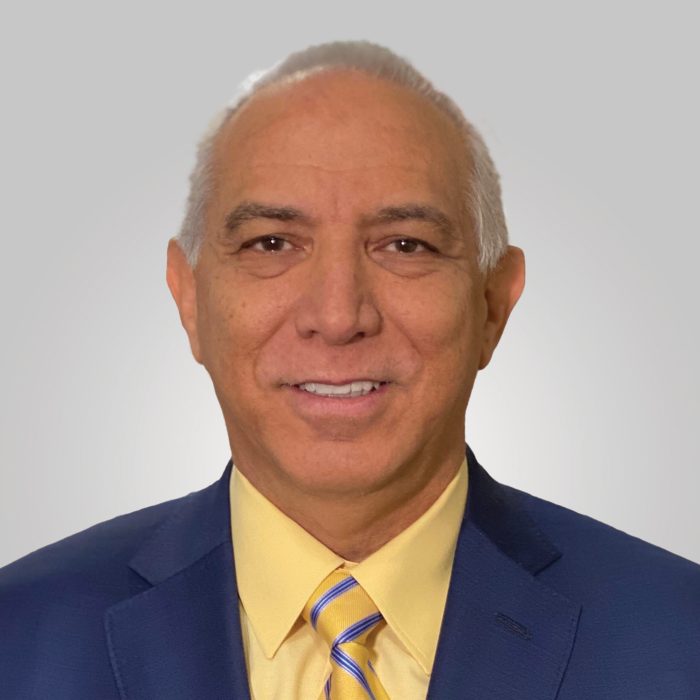
Ramon Tallaj
Founder and Chairman, SOMOS Community Care

Dr. Ramon Tallaj, founder and chairman of SOMOS Community Care, leads a nonprofit, physician-led network of over 2,500 doctors providing care for more than 1 million Medicaid and Medicare beneficiaries in New York City’s underserved communities. Under his leadership, SOMOS has achieved remarkable progress in preventive and chronic care management, resulting in a significant 22% reduction in preventable hospital readmissions. With over 700 practices, the network caters to the health care needs of 25,000 patients daily. Recently, Dr. Tallaj received the prestigious Cross Pro Ecclesia et Pontifice Medal from Pope Francis and the Vatican, honoring his unwavering commitment to serving those in need.
What influenced you to pursue a career in the health care field?
Medicine is deeply rooted in my family. My uncle, Jose, was a devoted pediatrician, offering care to the most impoverished families and their children in the Dominican Republic. Tragedy struck during my childhood when my 8-year-old cousin tragically lost his battle with leukemia. Living through the profound impact ignited an unwavering determination to make a difference in medicine. It drove my commitment to improving quality health care accessibility and addressing disparities in underserved communities.
What is the biggest challenge currently facing New York’s health care system?
The primary challenge for New York’s health care system is deeply rooted in structural barriers, health inequities and social determinants of health. Issues like provider burnout, cultural sensitivity, navigating and accessing the health care system, insurance gaps, health literacy, and technological and language barriers, further complicate health care.
How do you describe your position to people outside of the health care industry?
As founder and chairman of SOMOS, I lead a nonprofit, physician-led, community-based integrated health care network of 2,500 health care providers who deliver culturally competent care to over 1 million Medicaid and Medicare beneficiaries in New York City’s most underserved communities. SOMOS Community Care is a trusted Social Care Network. SOMOS means “We Are”; in Spanish – we are the people, we are the community, we speak your language. The heart of SOMOS lies in our community-based partnerships and neighborhood-centric approach. We provide access to value-based care, health education and social support to historically marginalized communities who are often invisible and fall through the cracks of our health care system.
What can policymakers do to ensure equitable access to quality health care?
Health extends beyond health care. Policymakers can partner with grassroots organizations like SOMOS, serving a multigenerational population, to comprehend cultural, environmental, and economic barriers affecting patient health. To address diverse community needs, transitioning from a disease-centric model to a holistic, intergenerational prevention system is crucial. Investing in and revitalizing low-income communities during early childhood can initiate the reduction of disparities and improve access to adequate health care. Together, we can develop targeted policies based on the social determinants of health, ensuring comprehensive community health and wellness.



